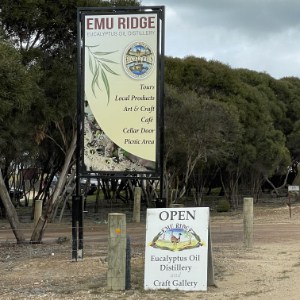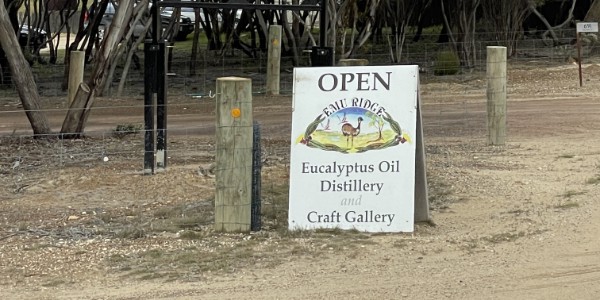It’s Not the Number of Tasks You Do (WT594)
Blog
As we drive around in the motorhome we like to listen to audio books.
One book that I can highly recommend is Measure What Matters by John Doerr.
The book is all about what he calls “OKRs” – Objectives and Key Results, why and how to use them.
But that’s not what I want to share in this thought.
One of the points that stood out for me was a little sentence for managers.
You see, lately I’ve been coaching a number of Chief Operating Officers at various companies as well as having been the COO for Kip McGrath Education Centres, an Australian international franchise organisation and currently COO for a start up business, this sentence really resonated for me and if you’re a COO or manager or you aspire to be, then I really want you to take notice of it and assess yourself.
Are you ready?
I forget the name of the person to quote, so we’ll say “source unknown”.
If you’re a manager, you don’t get paid for the number of tasks you do, you get paid for the quality of the decisions you make.
I’ll repeat that. If you’re a manager, you don’t get paid for the number of tasks you do, you get paid for the quality of the decisions you make.
To illustrate my point, when I was working at Kip McGrath Education Centres, Kip walked past my office one day and poked his head in and said, “Shirley, if I walk past your office and you have your back turned away from the door and are staring out the window with your feet up, I’ll be really pleased.”
“Ok, I’ll bite”, I said. “What will you be really pleased about?”
“It will mean you’re thinking about how you can improve my business” and with that he walked back to his office.
So, what does this mean for you? Are you running around doing everything? Do you have the mindset that only you can do it?
If so, you are severely limiting your career options and chances for promotion.
What any business owner or senior leader wants to see is people stepping up. People thinking about and acting on how the business could be improved; how processes could be streamlined, how expenses could be reduced, how customers could be wowed. The list is endless.
And if you have trouble making decisions, next week I’ll share a little tip with you that will make all the difference and help you feel much more confident to make those decisions.
Now you have a decision to make. What will you do with this week’s thought? Will you read it, think about it and then forget about it or will you read it, think about it, discuss it with your mentors, other managers and colleagues and find ways you can delegate some of those tasks that someone else can do just as well, if not better than you?
Let me know what you decide. Remember, it’s not the number of tasks you do. It’s the quality of the decisions you make.
P.S. Invite your friends to get the Weekly Thoughts delivered directly to their inbox. Go to https://shirleydalton.com/weekly-thoughts.













